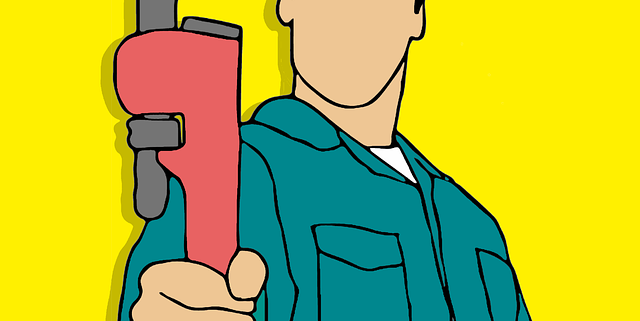7 Tips for Dealing with Water Damage in your Home
Most people will panic when water first starts to flood their homes. For a first reaction, this is perfectly normal because flooding tags along considerably costly destruction.
However, you can significantly minimize the impact of water damage by learning tips for handling water damage in your home.
Let’s look at some water damage control measures that will help you minimize the effects of water damage as well as keep you safe. Thanks for Water Damage Denver for helping us out with these tips.
- Safety first
First and foremost, it’s essential to ensure that you and your family are safe. Remember to turn off the lights and wear protective gear after any water damage. However, if turning off the lights will require you to re-enter the flooded area or stand on wet ground, stop and contact an electrician immediately. If you decide to re-enter the house, have protective clothing such as gloves and rubber boots to prevent unnecessary injuries.
- Stop the water flow
If the flooding is a result of water heater failure or a burst pipe, turn off the waterline. If you cannot detect the primary cause of the floods, contact an expert immediately.
- Protect your valuables
To prevent carpet staining, lift any wooden furniture off the carpeted areas. You should also remove any rugs from the wet flooring. If the flooding is considerably concerning, you may have to vacate your home for some time, and then come back later to deal with the problem.
- Contact your insurance company
 Insurance policies vary depending on the homeowner’s cover. After reaching your insurance company, they will dispatch an adjuster to assess the damage and ascertain if it’s a covered loss.
Insurance policies vary depending on the homeowner’s cover. After reaching your insurance company, they will dispatch an adjuster to assess the damage and ascertain if it’s a covered loss.
Ensure you document the values of items and also take as many photos as possible—before, after, and during the cleanup.
This evaluation will be of help to the adjuster when analyzing the extent of the damage.
- Start cleaning up immediately
After being cleared to re-enter your home, start cleaning up immediately, but if the damage is too extensive for one person or your family to handle, be sure to seek professional restoration services.
- Dry out your home
After cleaning up, it’s now time to take care of damp bits and bobs. Flooring fans like dehumidifiers and air movers can dry moist areas in your home. Moreover, if you’re lucky enough to have your electricity back by this time, you can use central air conditioning.
Meticulously drying out your home will ensure that there are no mold or mildew buildups.
- Repair considerations
You may have to replace or repair your walls, fix broken items, or even your flooring if you aren’t sure about the measures to take when conducting home repairs. However, it’s vital to seek guidance from an experienced water damage restorer.





